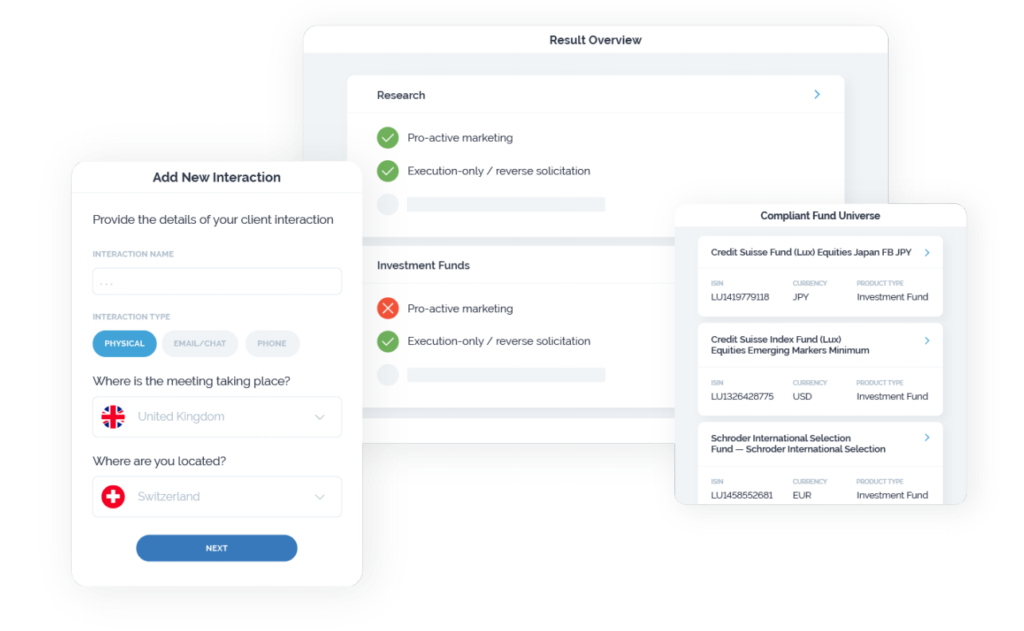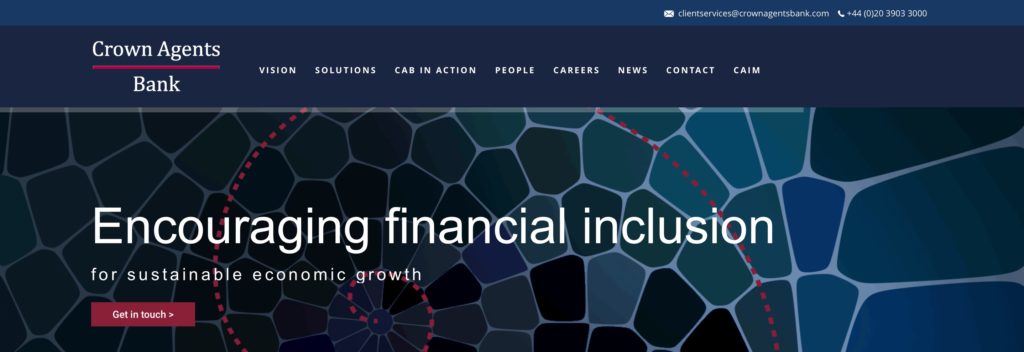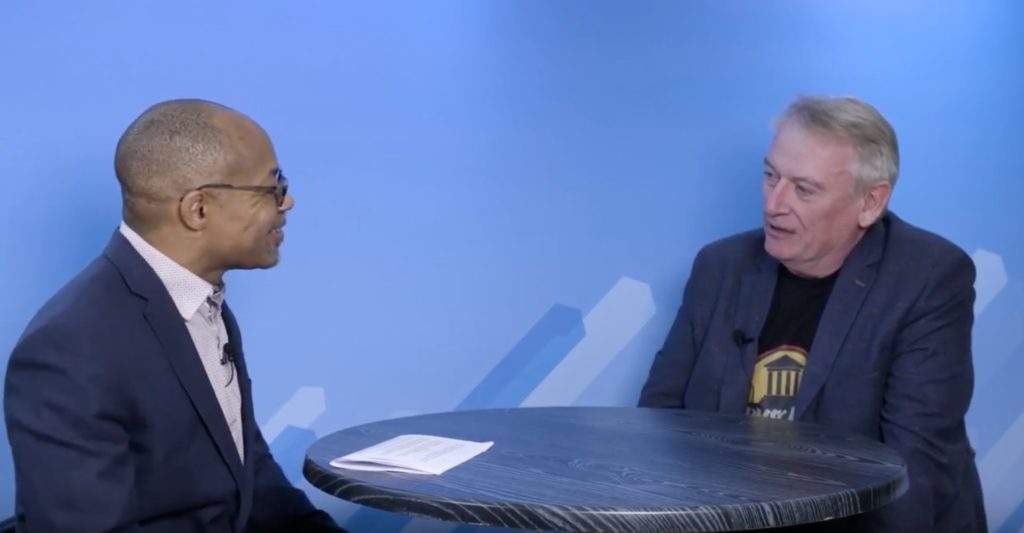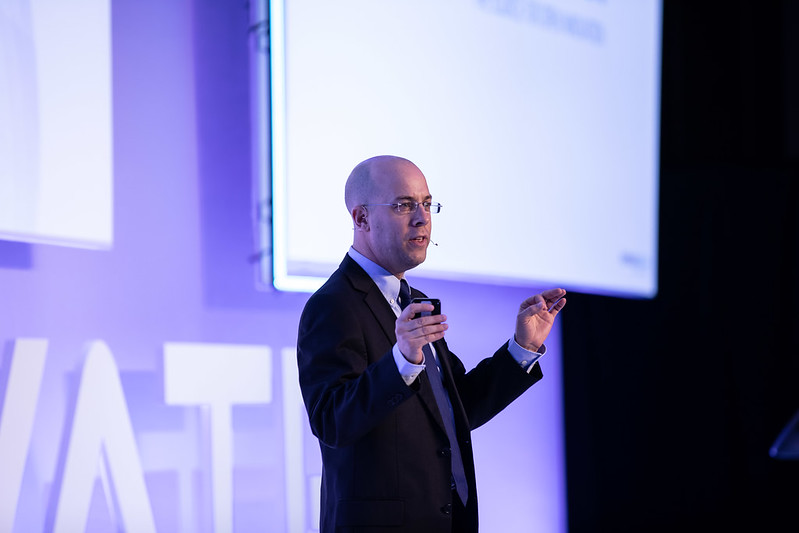
For every conversation about AI that begins with insects, moves quickly through primates, and then launches into the stratosphere of high-minded conceptions of superintelligence, talk about artificial intelligence among executives and entrepreneurs in the financial services and fintech world is far more grounded.
This was the message from Clara Durodié, CEO of the Cognitive Finance Group and author of Decoding AI in Financial Services: Business Implications for Boards and Professionals. Among the more provocative speakers at our conference in Berlin earlier this year, Durodié is likely to make an equally strong impression in her return to Finovate as part of our all-digital FinovateAsia conference in July.
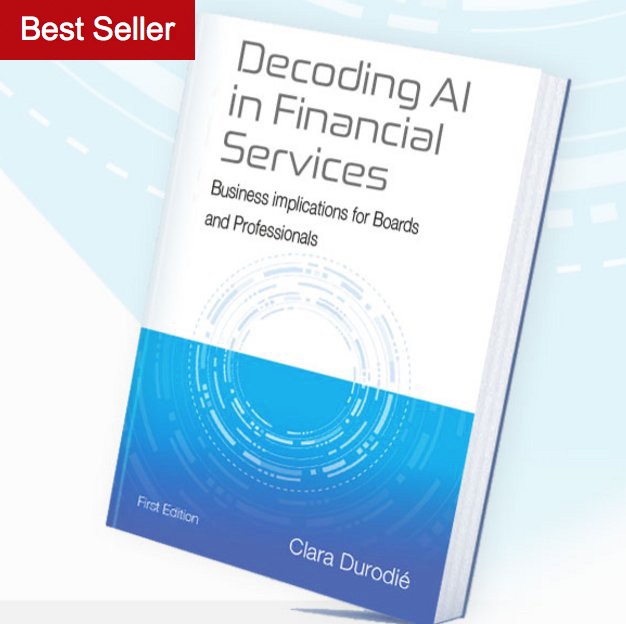
“Technology is a tool to support the business, not a toy to engage and have fun in excellence centers,” she announced early in her address to our FinovateEurope audience. “Technology in our industry is a serious tool. (Technology) needs to follow business strategy, not the other way around.” She likened the responsibility to use technology ethically and with purpose to the responsibility of earning a license to drive. Durodié made it clear that, like a driver and a passenger sitting side by side in a moving vehicle, both technology creators and technology users stand to benefit from a commitment to responsible behavior.
Businesses that embrace a more ethical approach to technology – especially a technology as powerful as AI – are also those that are most likely and able to transition away from what Durodié has called a “product-centric” today to a “customer-centric” tomorrow. She has pointed out that AI can be a powerful tool for personalization in business contexts, while simultaneously enabling companies to move to a qualitatively and quantitatively new level in terms of automated business processes.
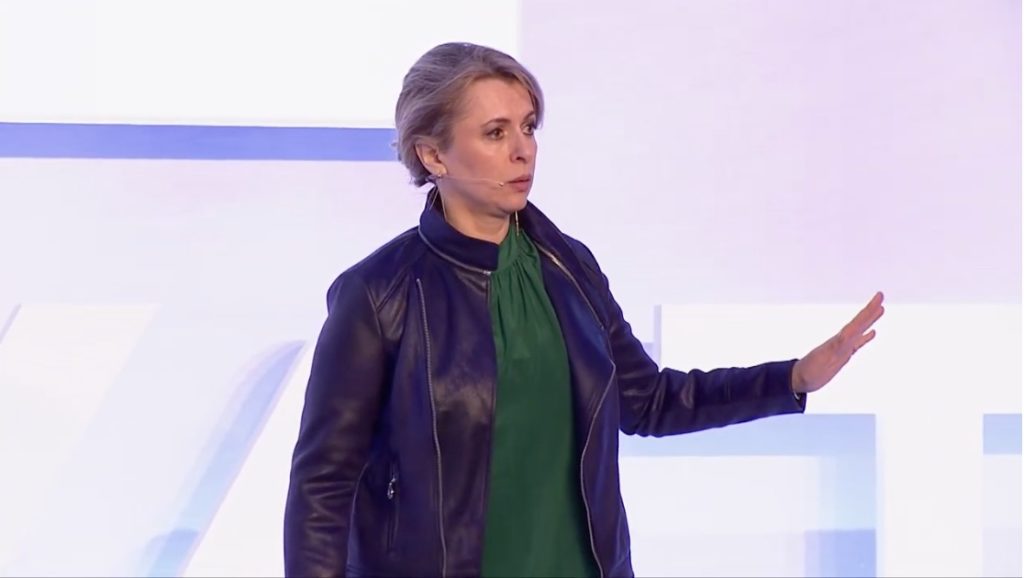
Who makes sure this happens? While the immediate onus is clearly on the business leader, CEO, or founder, Durodié emphasized that much of the business’ leadership will – or should – come from its board of directors, particularly in high-level areas like corporate governance, business strategy, and fiduciary responsibility, where ethical guidance is paramount. “This is challenge number one,” she said of startups and their relationship with their board of directors.
And not just any board of directors. Durodié referenced a study from MIT that indicated that simply having one individual with a “technology” background on a board of directors improved the likelihood that the company working with that board would yield 38% return on assets on a yearly basis. “And if you compound that every year,” Durodié added, “you can see why the people who actually do things right from the beginning will be ahead of the game.”
For Durodié, the conversation on governance is intimately linked (“married forever”) with the conversation on ethics, and it is important that companies develop processes and systems that are “explainable, auditable, and accountable.” This is especially important when the data involved is financial data, and when the technologies to be deployed against this data are as powerful as AI.
“Financial data on our customers is highly sensitive. And we need to treat it as such and protect it as such,” Durodié said. She noted that the companies that will succeed in effectively deploying AI will understand this challenge, and have the moral compass to build tools that are “robust and helpful.” “Algorithms have parents,” she noted. “Every bias, every conditioning we have, comes through the way we generate the data and design systems. It’s very important.”
Check out Clara Durodié’s keynote address from FinovateEurope. And visit our FinovateAsia page to learn more about her upcoming participation in our all-digital, fintech summer conference in July.
Cognitive Finance Group is a specialist consultancy that advises boards of directors on best practices in the adoption, selection, and implementation of AI-based systems.









